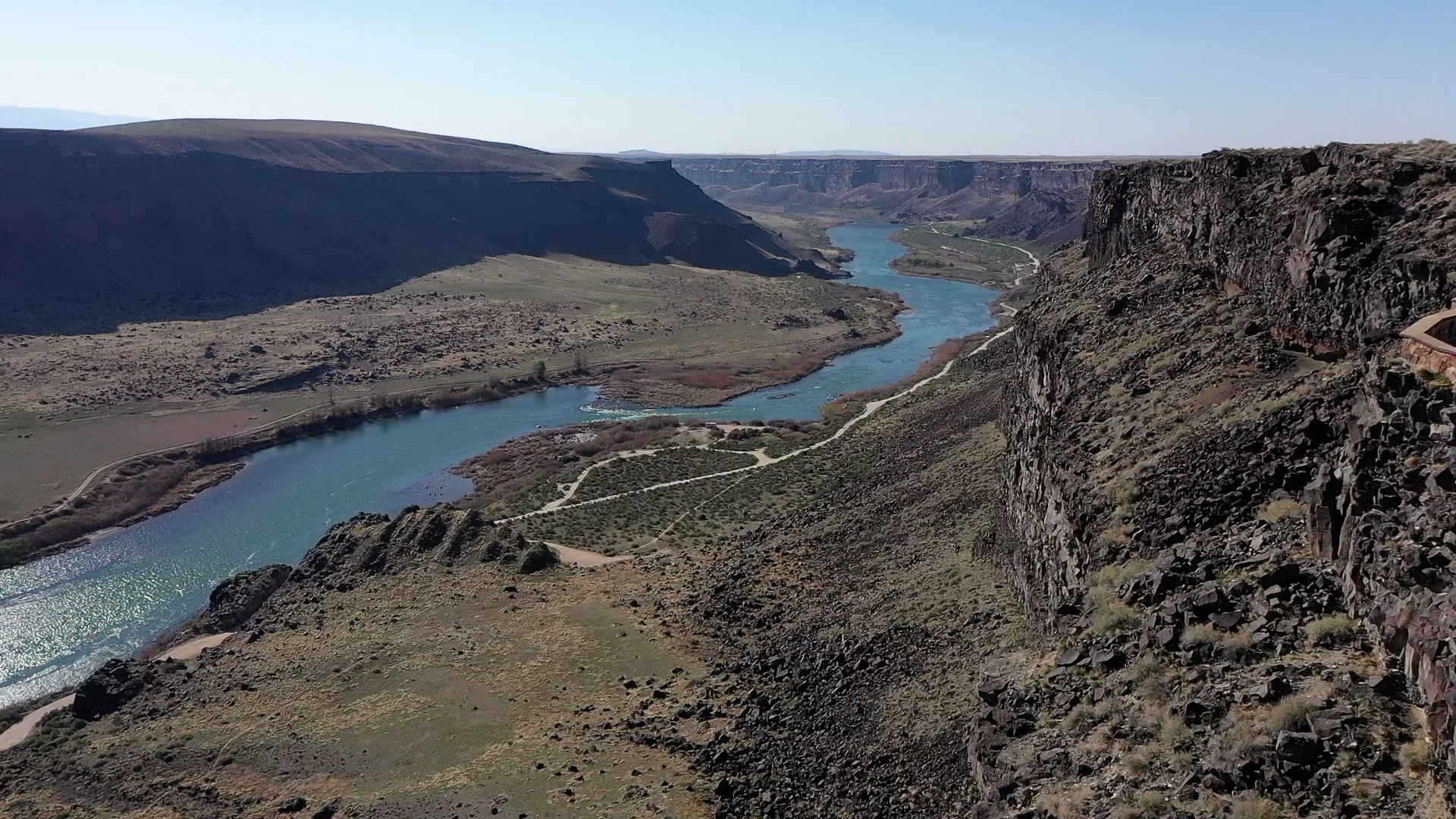BOISE, Idaho — Idaho farmers have been in intense negotiations for a very important and complicated water agreement. I sat down with Lt. Governor Scott Bedke who spearheaded the talks.
- Lt. Governor Scott Bedke explains water agreement.
- The complicated agreement is between surface and groundwater users.
- A large chunk of Idaho's economy is dependent on water rights.
(Below is the transcript from the broadcast story)
"Did everybody get what they wanted, no, but did everybody get something they could live with? I believe they can," said Lt. Governor Scott Bedke.
Idaho's surface water users get water from the river and groundwater users pump water from Idaho's rich aquifer. The agreement is between farmers who are referred to as Senior and Junior water rights owners, Bedke explains.
"So, the surface waters are the seniors, and the pumpers are the juniors. Because the two water sources are connected so the underground aquifers feed into the river and the senior uses the river water and if they're not getting all of their water then they look upstream to find out the reason why and, in this case, there was junior water users pumping of the aquifer before it went back into the river."
Lt. Governor Scott Bedke told me at one point the talks were far from going in the right direction.
"To begin, we had too many lawyers in the room, so we asked them to stay out so the farmers could talk to the farmers, and we could get an agreement between the farmers," Bedke said.
The agreement between Idaho groundwater users and surface water users is historic but what does it mean to you and your family?
"It's important because approximately 40 percent of our state's economy is derived from agriculture and food processing," Bedke said. "So, we go back to last May when we were talking about shutting off hundreds of thousands of acres that would be devastating to not only those local families and communities, it would also be devastating to the state's economy."



